Are you a passionate researcher from a developing country looking for a game-changing breakthrough in your academic career? Then this is your moment. The TWAS‑ICCBS Postdoctoral Fellowship Programme 2025–2026 has officially opened its doors to qualified applicants—an exclusive, time-sensitive opportunity for postdoctoral scientists to advance their research and global standing by working at one of Asia’s leading research institutes: the International Centre for Chemical and Biological Sciences (ICCBS) in Karachi, Pakistan.
Hurry! The final deadline is 14 August 2025—this is your last chance to take part in one of the world’s most transformative postdoctoral programs for early-career scientists. Designed to uplift researchers from the Global South, this fully funded fellowship allows young PhD holders to gain international experience, network with world-class scientists, and carry out cutting-edge research that can change their careers—and their countries—forever.
📌 Read More
Whether you’re focused on chemistry, molecular biology, pharmacology, biotechnology, or biochemistry, this program provides you with the tools, mentorship, and resources to make bold scientific contributions. The fellowship covers your living costs, places you in a fully equipped laboratory environment, and supports your growth as a globally recognized academic.
In an era where research excellence and global partnerships are vital, this opportunity is the bridge between ambition and achievement. TWAS and ICCBS have joined forces to give you a platform to rise, to create impact, and to become an agent of transformation within your field. This fellowship is not just funding; it is an investment in you.
Name of Organizer

Requirement/Eligibility
This powerful opportunity is open to only the most qualified and determined individuals. To be eligible for the TWAS‑ICCBS Postdoctoral Fellowship Programme, you must meet the following criteria:
- Be a citizen of a developing country (excluding Pakistan).
- Be 45 years of age or younger on 31 December 2025.
- Be employed at a research institution or university in your home country.
- Hold a PhD degree in one of the natural sciences: chemistry, biochemistry, molecular biology, biotechnology, pharmacology, or closely related fields.
- Not hold any visa for residency or employment in Pakistan or any developed country.
- Provide a Certificate of Good Health confirming you are medically fit for research abroad.
- Present a Preliminary Acceptance Letter from ICCBS—this is a must-have and should be requested directly from ICCBS with your CV, research proposal, and recommendation letters.
- Submit two reference letters from academic referees—preferably one from your PhD supervisor—on institutional letterhead and signed.
- Provide proof of English language proficiency, particularly if your higher education was not conducted in English.
- Include a commitment to return to your home country after completing the fellowship and to not take up any other assignments or bring dependents unless independently funded.
This is a highly selective program, so applicants must be prepared with accurate and complete documentation to be considered.
Duration/Stipend
The TWAS‑ICCBS Fellowship covers a duration of six to twelve months depending on the research plan and mutual agreement between the applicant and ICCBS. During this time, fellows will benefit from:
📰 Similar Posts
- A monthly stipend that covers essential expenses including accommodation, local transportation, meals, and minor healthcare costs.
- Access to world-class laboratories, scientific infrastructure, and an English-speaking academic environment that promotes research excellence and productivity.
- Continuous support from senior researchers and professionals who are leaders in their fields, offering mentorship and potential co-publication opportunities in international journals.
- A vibrant and intellectually stimulating atmosphere at ICCBS, recognized as one of Asia’s premier institutions for chemical and biological sciences.
Note: The monthly stipend is not convertible to foreign currency, and dependents are not allowed, unless self-supported. The fellow must fully focus on research and not engage in additional professional or academic activities during the period.
Deadline
14 August 2025



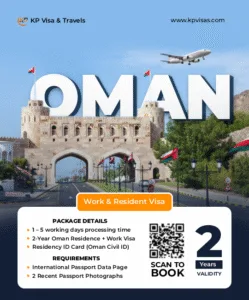




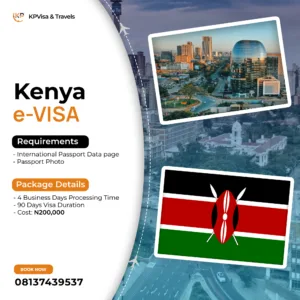
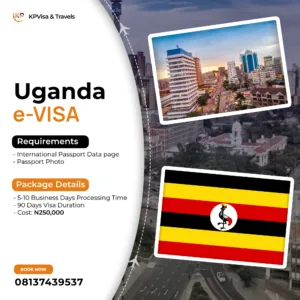
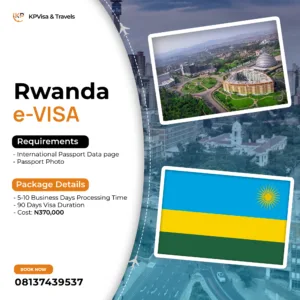

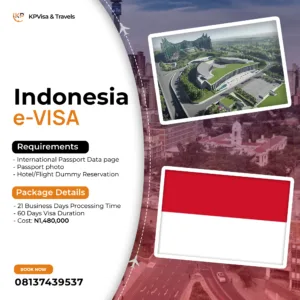








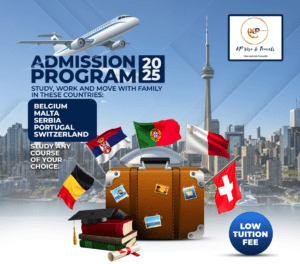





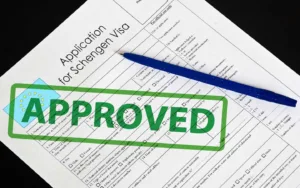

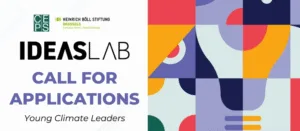

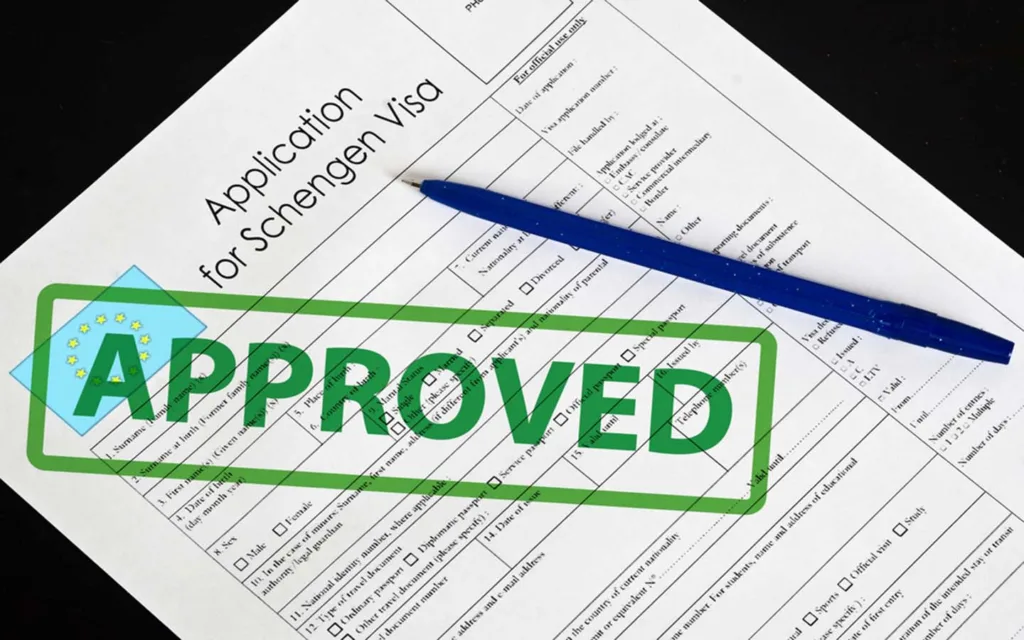

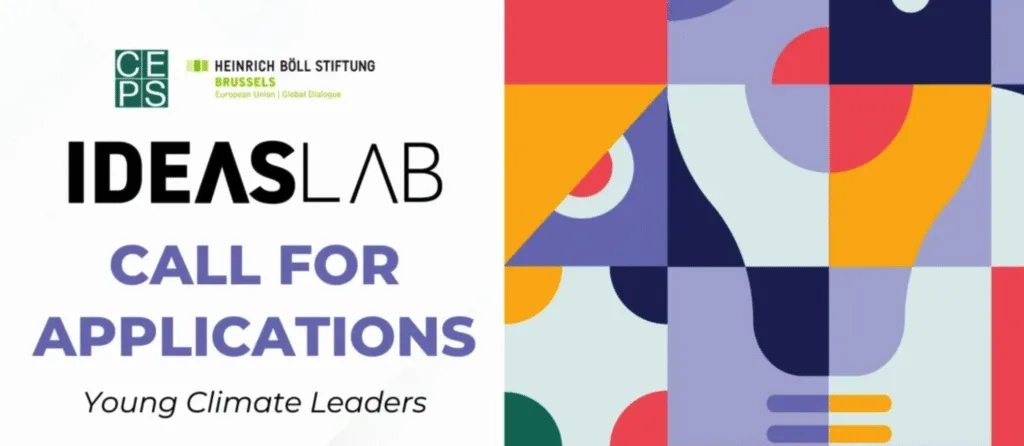

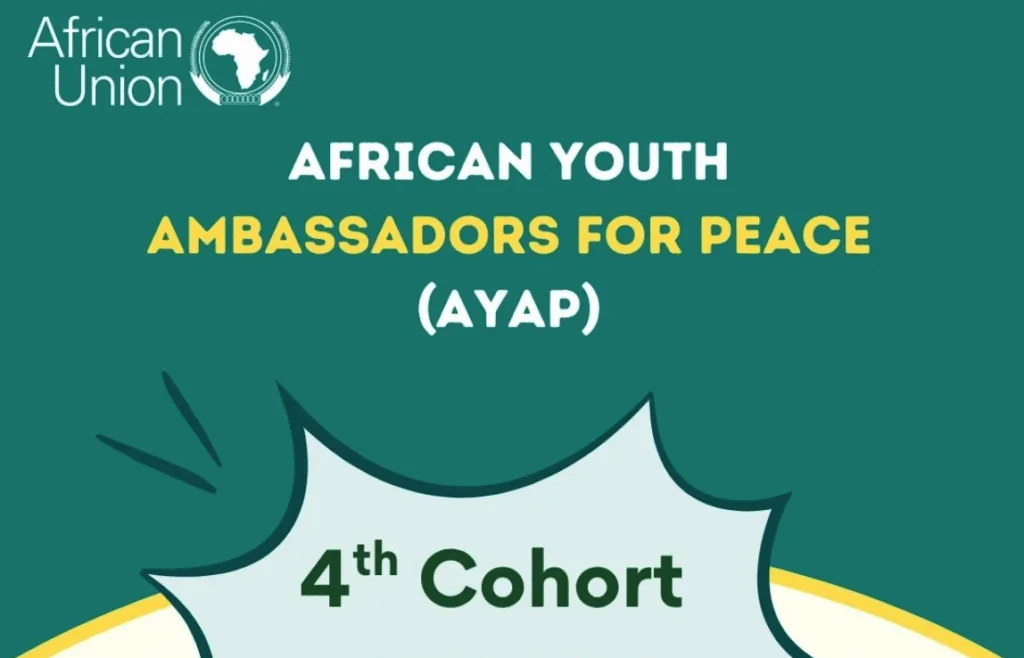
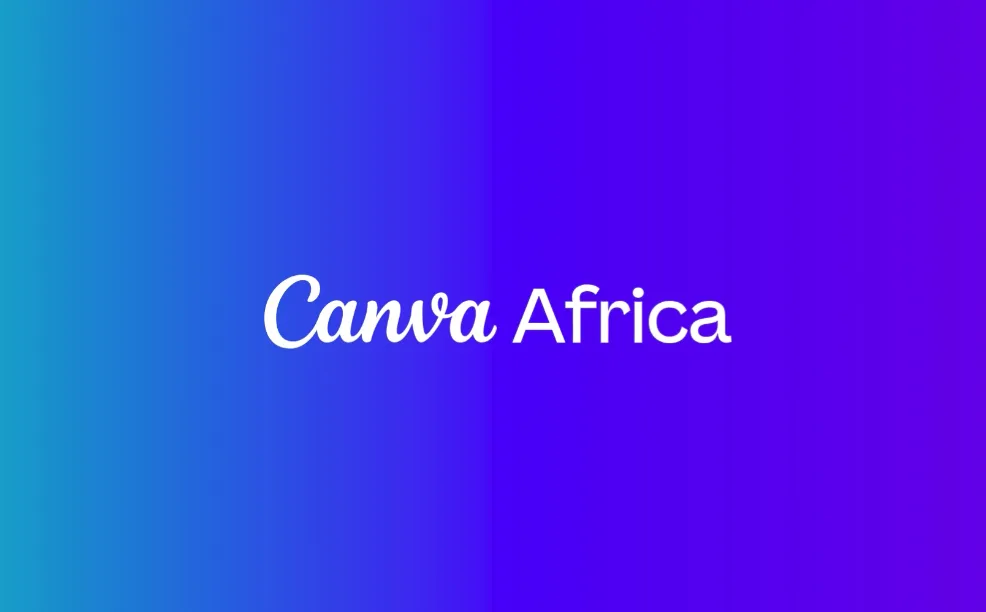
No responses yet